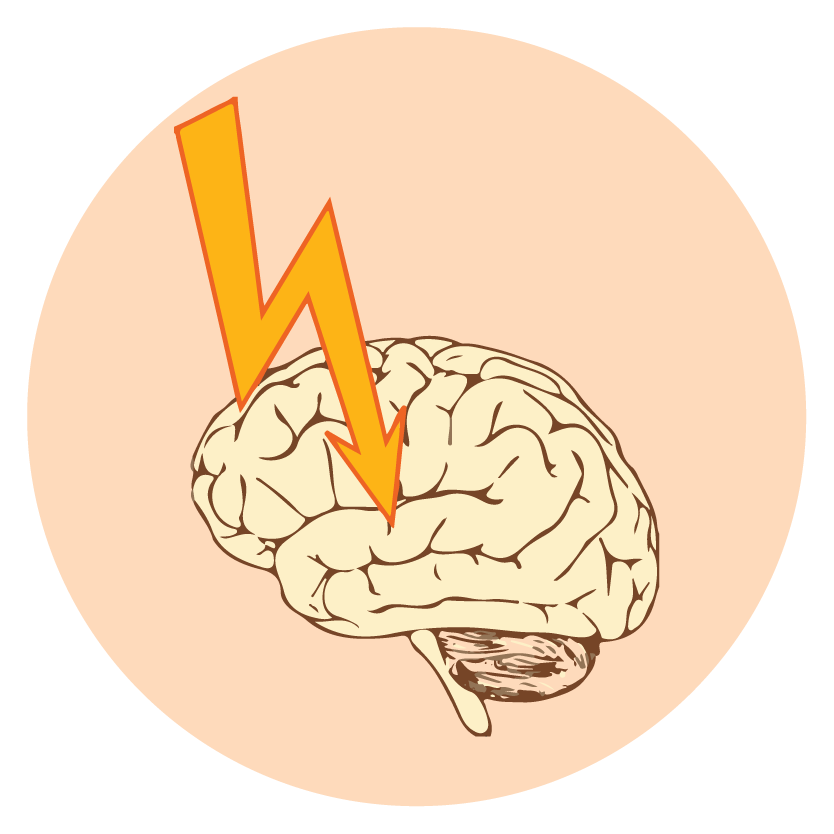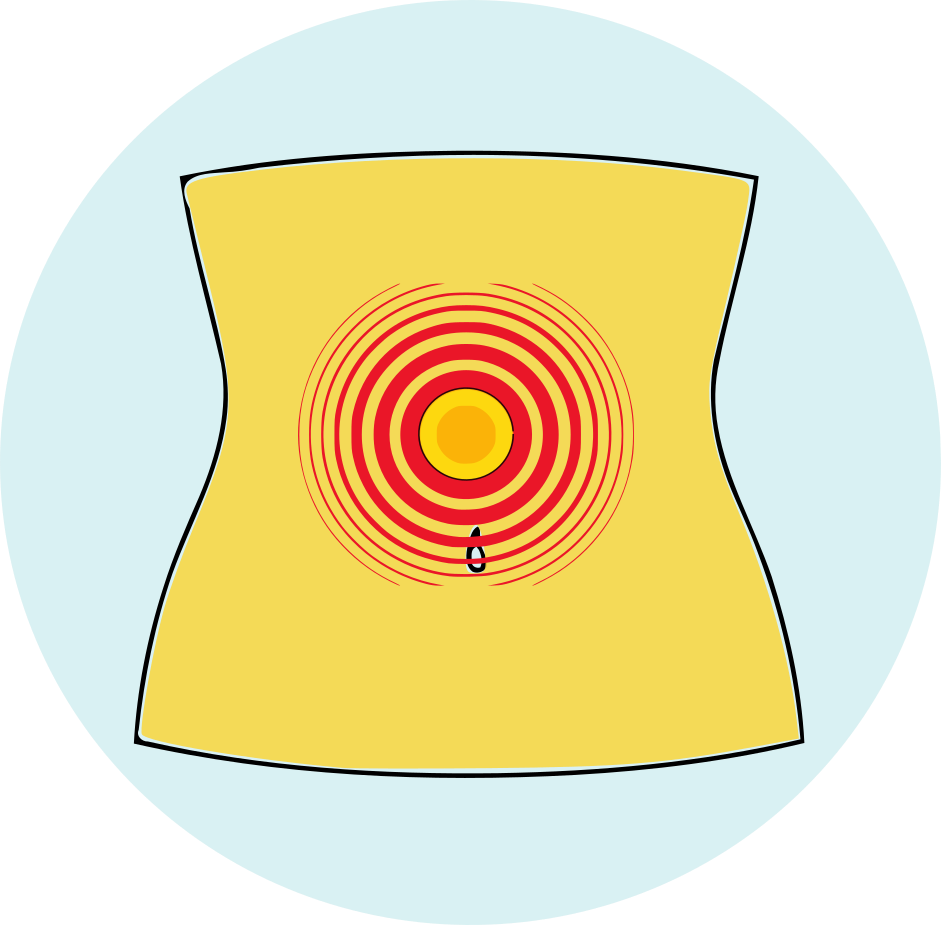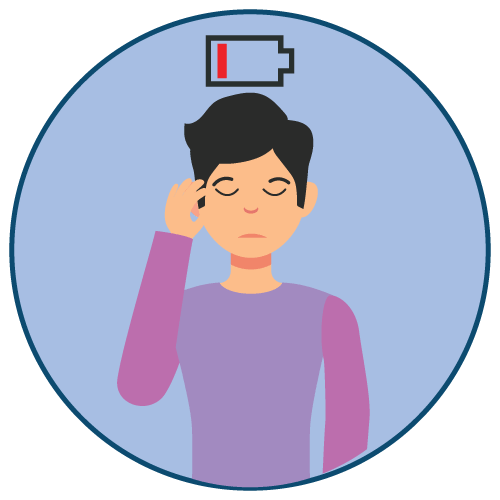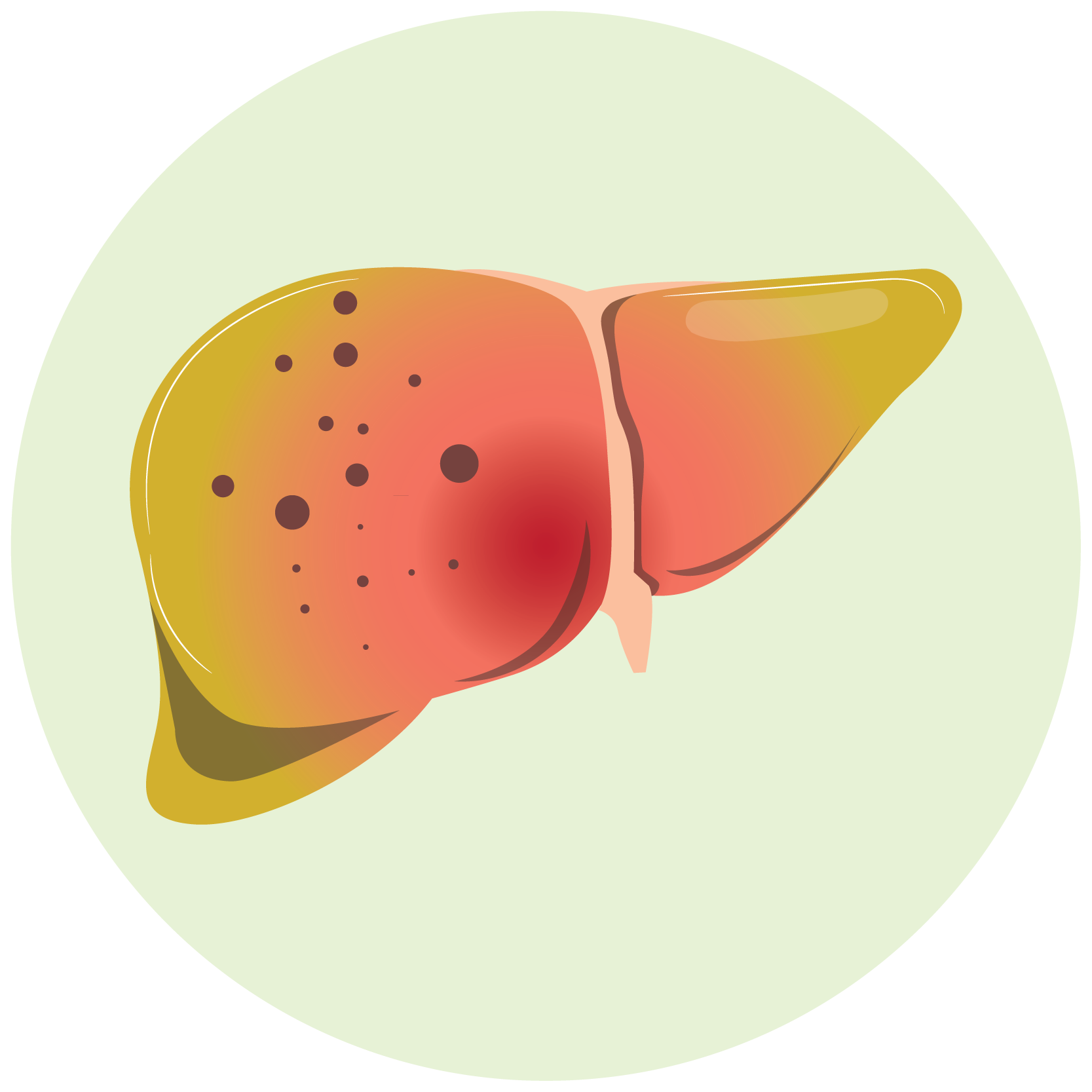Medicine details
| Image |  |
| Name | Encorate Chrono 300 |
| Dosage | Tablet |
| Generic Name | Sodium Valproate |
| Classes |
Central Nervous System Agent Anticonvulsant / Antiepileptic Agent Psychotherapeutic Agent |
| Diseases |
Bipolar Mania CNS Disorder Migraine Seizure |
| Company | Sun Pharmaceutical (Bangladesh) Ltd. |
Drug Package Details
| Strength | 300 mg |
| Storage Condition | |
| Origin Country | Bangladesh |
| Commercial Pack | 50 |
| Price per pack | ৳ 301.42 |
| Cost per pack | ৳ 265.25 |
| Package unit | 10 tabs strip |
| Price per unit | ৳ 6.03 |
| Cost per unit | ৳ 5.31 |
| Discount | 0 |
| Coupon | |
| Remarks |
Sodium Valproate
Sodium Valproate is an antiepileptic drug. In the blood, sodium valproate exists as the valproate ion. The mechanisms by which valproate exerts its therapeutic effects are unknown. It has been proposed that its activity in epilepsy is related to increased gamma-aminobutyric acid concentrations in the brain (GABA), which is an inhibitory neurotransmitter.
Sodium valproate is indicated as an intravenous alternative in patients in whom oral administration of valproate products is temporarily not feasible in the following conditions:
- Monotherapy and adjunctive therapy of complex partial seizures and simple and complex absence seizures; adjunctive therapy in patients with multiple seizure types that include absence seizures
Sodium valproate is intended for intravenous use only.
Epilepsy
- Complex Partial Seizures in Adults and Children 10 years of age or older: Initial dose is 10 to 15 mg/kg/day, increasing at 1 week intervals by 5 to10 mg/kg/day to achieve optimal clinical response. Maximum recommended dose is 60 mg/kg/day.
- Simple and Complex Absence Seizures: Initial dose is 10 to 15 mg/kg/day, increasing at 1 week intervals by 5 to 10 mg/kg/day to achieve optimal clinical response. Maximum recommended dose is 60 mg/kg/day.
The common side effects may happen in people taking valproate. They're usually mild and go away by themselves-
- abdominal pain
- diarrhea
- dry or sore mouth, or swollen gums
- tremors
- unusual eye movements
- asthenia
- dizziness
- somnolence
- headache
- weight gain
- alopecia
- dymenorrhea
- Hepatotoxicity: Evaluate high risk populations and monitor serum liver tests
- Birth defects, decreased IQ, and neurodevelopmental disorders following in utero exposure: Should not be used to treat women with epilepsy or bipolar disorder who are pregnant or who plan to become pregnant or to treat a woman of childbearing potential unless other medications have failed to provide adequate symptom control or are otherwise unacceptable
- Pancreatitis: Sodium Valproate should generally be discontinued.
- Bleeding and other hematopoietic disorders: Monitor platelet counts and coagulation tests.
- Hyperammonemia and hyper ammonemic encephalopathy: Measure ammonia level if unexplained lethargy and vomiting or changes in mental status, and also with concomitant topiramate use; consider discontinuation of valproate therapy.
- Hypothermia: Hypothermia has been reported during valproate therapy with or without associated hyperammonemia. This adverse reaction can also occur in patients using concomitant topiramate.
- Drug Reaction with Eosinophilia and Systemic Symptoms (DRESS)/Multiorgan hypersensitivity reaction; discontinue Sodium Valproate.
- Somnolence in the elderly can occur. Sodium Valproate dosage should be increased slowly and with regular monitoring for fluid and nutritional intake.
Contraindication
Contraindicated in patients with known hypersensitivity to sodium valproate.
None known.
Sodium valproate is contraindicated in-
- Hepatic disease or significant hepatic dysfunction
- Known mitochondrial disorders caused by mutations in mitochondrial DNA polymerase γ (POLG)
- Suspected POLG-related disorder in children under two years of age
- Urea cycle disorders
- Prophylaxis of migraine headaches: Pregnant women, women of childbearing potential not using effective contraception









 Bangla
Bangla English
English